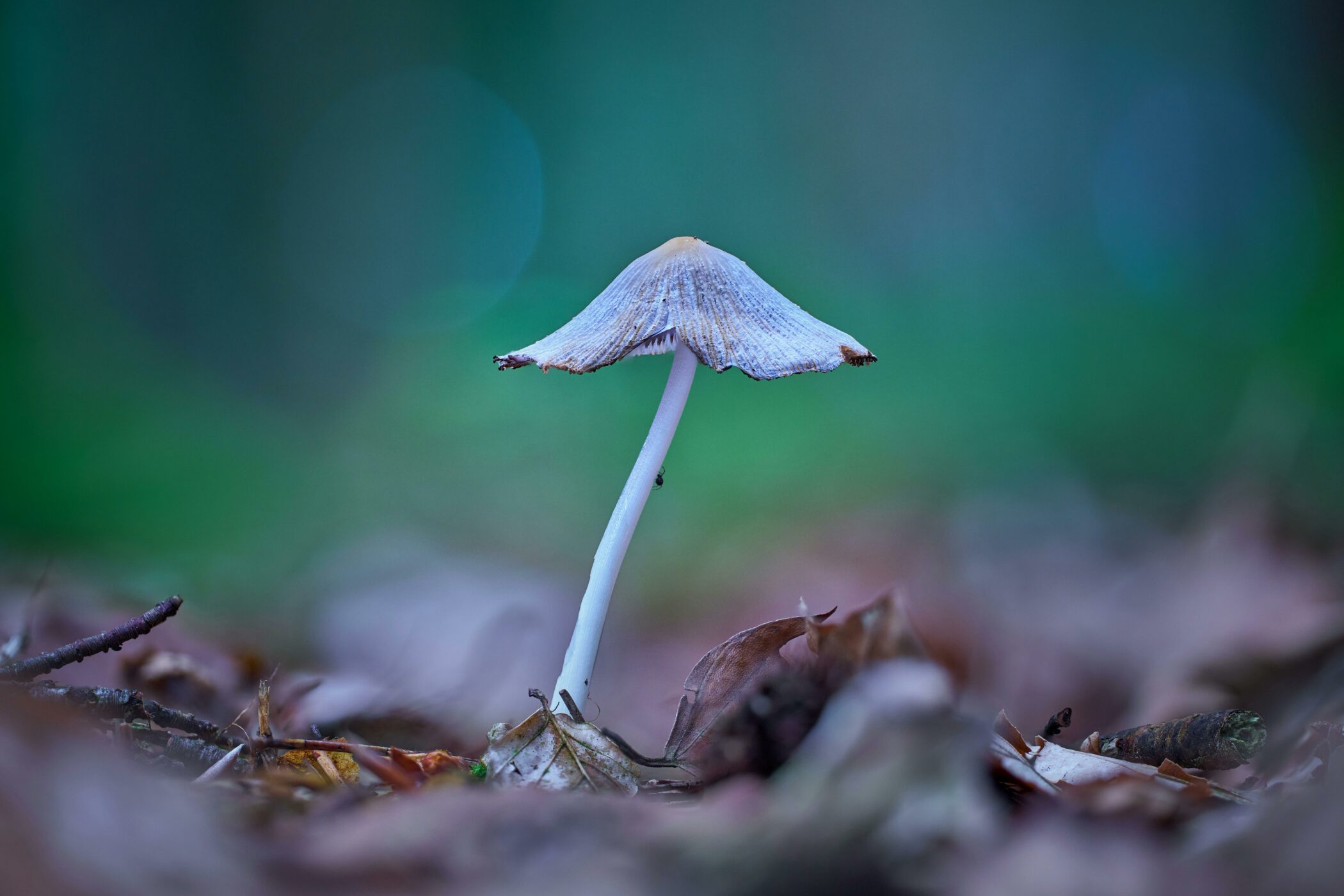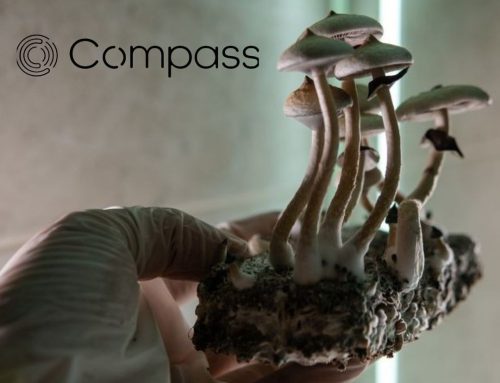Psilocybin Study Suggests Potential for Longevity Benefits
LOS ANGELES- New preclinical research indicates that psilocybin the active psychoactive compound in psychedelic mushrooms—may significantly extend lifespan in both human cells and aged mice. Published July 8, 2025, in npj Aging, the study found that treating human lung and skin fibroblasts with psilocin (the metabolite of psilocybin) extended cellular lifespan by up to 57%, with moderate doses producing a 29% increase and higher doses reaching the maximum benefit
In laboratory mice, researchers administered a low dose of 5 mg/kg during the first month, followed by monthly 15 mg/kg doses over ten months a regimen modeled after human clinical use. Results showed survival rates of about 80% in the treated group, compared to just 50% in controls, representing a roughly 30% increase in longevity. Treated mice also exhibited visibly healthier fur and reduced graying.
Mechanistic analysis identified preservation of telomere length, reduced oxidative stress, and increased expression of SIRT1—a protein linked to cellular aging—as key factors in the observed effects. The findings align with the so-called “psilocybin‑telomere hypothesis” that psychedelic-induced mental health benefits may also translate to cellular-level aging effects
Authors from Emory University and Baylor College of Medicine note this is the first experimental evidence demonstrating psilocybin’s systemic geroprotective potential, even when treatment begins later in life. The study underscores the need for future research to determine optimal dosing strategies, assess long-term safety—including cancer risk—and investigate effects across sexes.
Psilocybin already holds “breakthrough therapy” status with the U.S. Food and Drug Administration for treatment-resistant depression, reflecting a favorable safety profile in clinical studies. However, regulatory restrictions and limited funding pose challenges for expanding research into its aging-related effects.




































